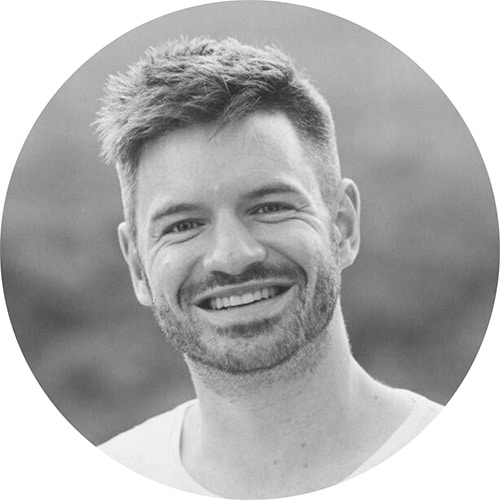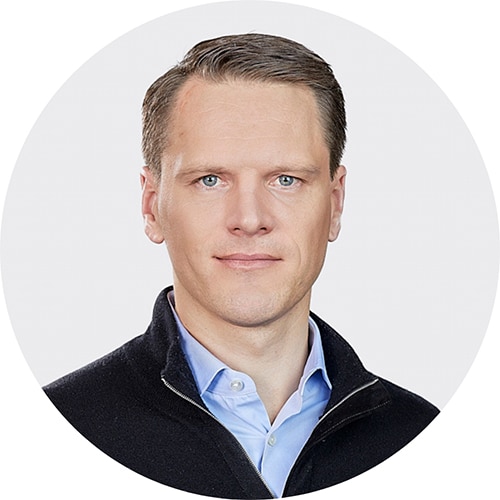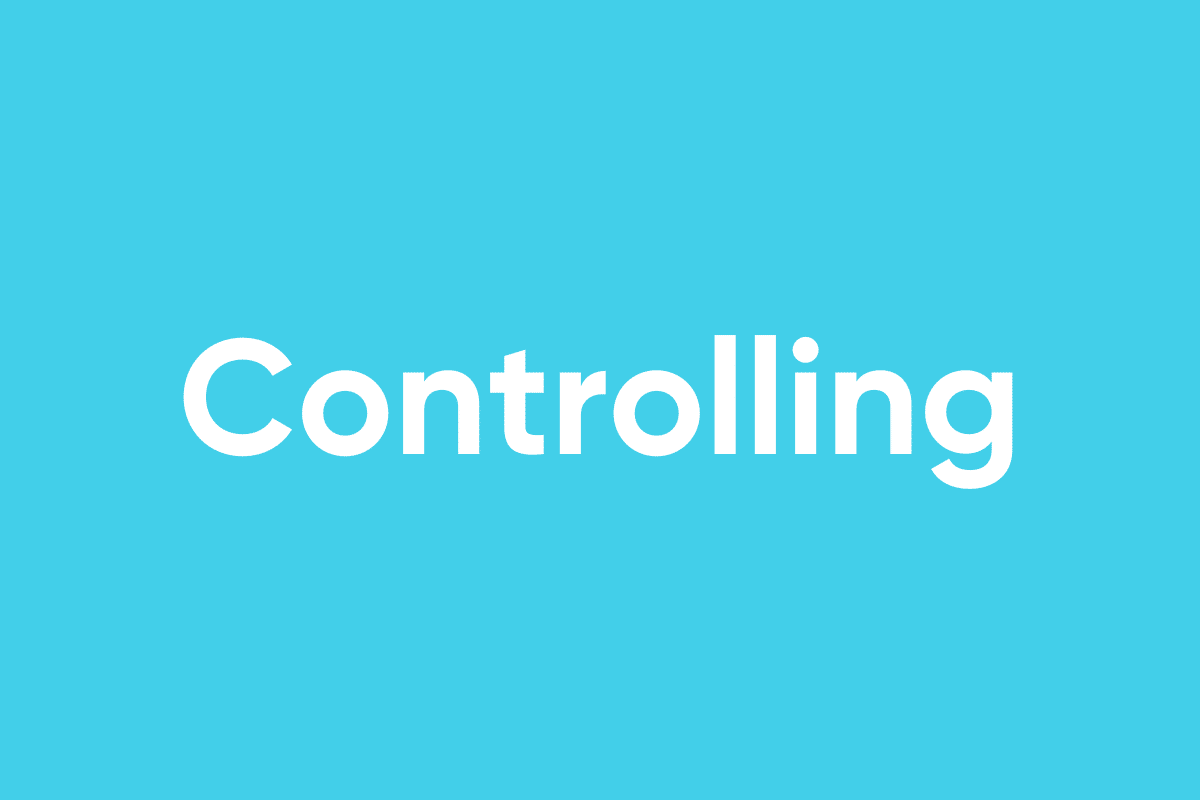Feliks, if you had to give advice to young founders, when is bootstrapping the right way and when is venture capital funding?
Feliks: The path from bootstrapping to venture capital is a one-way street. You have to know that. It is good to start in bootstrapping mode. That’s how we did it at RegioHelden. We found out how the product and the distribution channels work. We then wanted to increase our sales force from five to 50 people. This would have taken a long time in bootstrapping mode. The VC way was a super shortcut for us. Speed is the big advantage. The danger is that you raise too much money too quickly and then don’t spend it smartly. You also quickly become dependent on the money. The costs are higher and the business success takes longer. Then one financing round follows the next and you quickly find yourself on a road you can’t get out of.
That’s why, in my view, it makes sense to start bootstrapping and see on a case-by-case basis whether you need funding to achieve your goals. At RegioHelden, we could only achieve our goals through VC, but I had to give up 70, 80 percent of my shares. If you have the option to bootstrap, that’s always the better way to go. At the same time, there are business models such as SaaS where bootstrapping is difficult because high investments are required at the beginning.
The VC way was a super shortcut for us. Speed is the big advantage. The danger is that you raise too much money too quickly and then don’t spend it smartly. You also quickly become dependent on the money.
You founded RegioHelden in 2008, 2009 in a time of crisis. Today, we are experiencing a boom, with one financing round following the next. How do you look at the situation, what should entrepreneurs who start in a boom time pay attention to?
Feliks: Starting up in a crisis has advantages: Marketing costs are lower, there are many employees on the market. Yes, capital was harder to come by, but good founders prevail. I see the opportunity of a boom like the one we are currently experiencing in the fact that there is a lot of money on the market. In the financing rounds in which we accompany founders, everyone is interested. Investors want to write big tickets.
But all that money also leads to competition. More companies are being funded than at a time when money is tight. Good companies are sometimes even overfunded. Not only does this create the risk that entrepreneurs with too much money will make unwise decisions. Many are going absolutely crazy with funding rounds. I observe this again and again. As a founder in Berlin, you read every week which startups have already raised 200 or 600 million. You then wonder why your own company is struggling. The news distorts reality and creates false expectations. Fundraising is always a feat of strength.
I recently asked a founder what SaaS multiples, i.e. what annual revenue, he considers realistic. He said: 80 to 100 per year. I would have said 10 to 15, 20 to 30 in exceptional cases.
Christoph: And EBITDA also plays a role.
Feliks: Right, you would probably have said: 15 times EBITDA is also expensive and not 100 times revenue.
Christoph: Yes, although we are well connected with private equities from the U.S. and there they talk much more often about revenue and ARR for software companies and move away from the EBITDA multiple in communication, which has actually always been the linchpin of any private equity. We are therefore also adapting to a certain extent, but we still say: The fundamentals have to be right.
What is often overlooked by founders and entrepreneurs who want to sell their company: SaaS companies whose net dollar retention rate is 150 percent and who are growing 80 percent year-over-year are rightly trading at high multiples. But many say: “My company is growing by 10, 20 percent. I have now researched that listed SaaS companies in the USA are trading at over 30 x ARR – that’s where I see myself. “It is becoming more difficult for entrepreneurs in the boom to have a differentiated view of this. You need many other strong KPIs to justify such multiples.
Feliks: Yes, totally. Many founders, want to be valued with SaaS multiples. But they forget that the high multiples come from the fact that companies can make 50 percent EBIT margins in some cases. But many founders in e-commerce or car rental have 80 percent Cost of Goods Sold. And just because they have an app doesn’t mean they can be valued as highly as tech companies that have extremely high retention rates and high margins.
As a founder in Berlin, you read every week which startups have already raised 200 or 600 million. You then wonder why your own company is struggling. The news distorts reality and creates false expectations.
I saw that you run your investment business partly even from Bali. Can you share some learnings: How well does it work to work from such beautiful places and what difficulties might there be?
Feliks: With my business partner I was in Bali for the last five months and we did our deals completely from there. That’s the most positive Corona effect for me: it’s now working to do remote funding rounds via Zoom Calls and sell companies. A friend just sold his business remotely. That was an eight-figure deal. I myself have just experienced it with a company. It took us three zoom calls. That’s it.
Actually, we only wanted to go to Bali for a month, but then we stayed almost half a year because it actually worked out so well. Some things are done differently there. For example, I went to the notary in swimming trunks and had to pay cash for the deeds, but it works.
The difficulty is setting up companies remotely from scratch. We also do company building with partners. It’s not enough to look at pitch decks or Excel spreadsheets from afar. That’s where sitting together in one room is important. I think it could be done, but we did classic deals from Bali. Five or six investments closed. This worked out without any problems and I can imagine always being in Bali a few months a year in the future.
I was (…) in swimming trunks at the notary and had to pay cash for the deeds, but it works.













